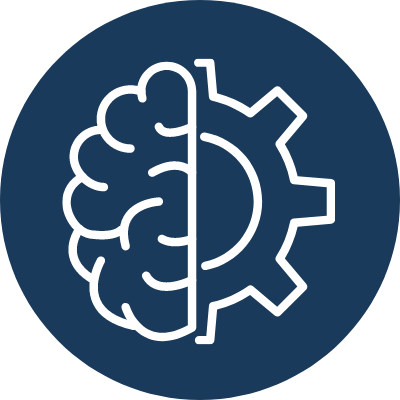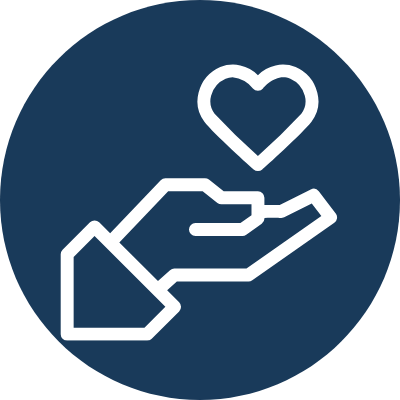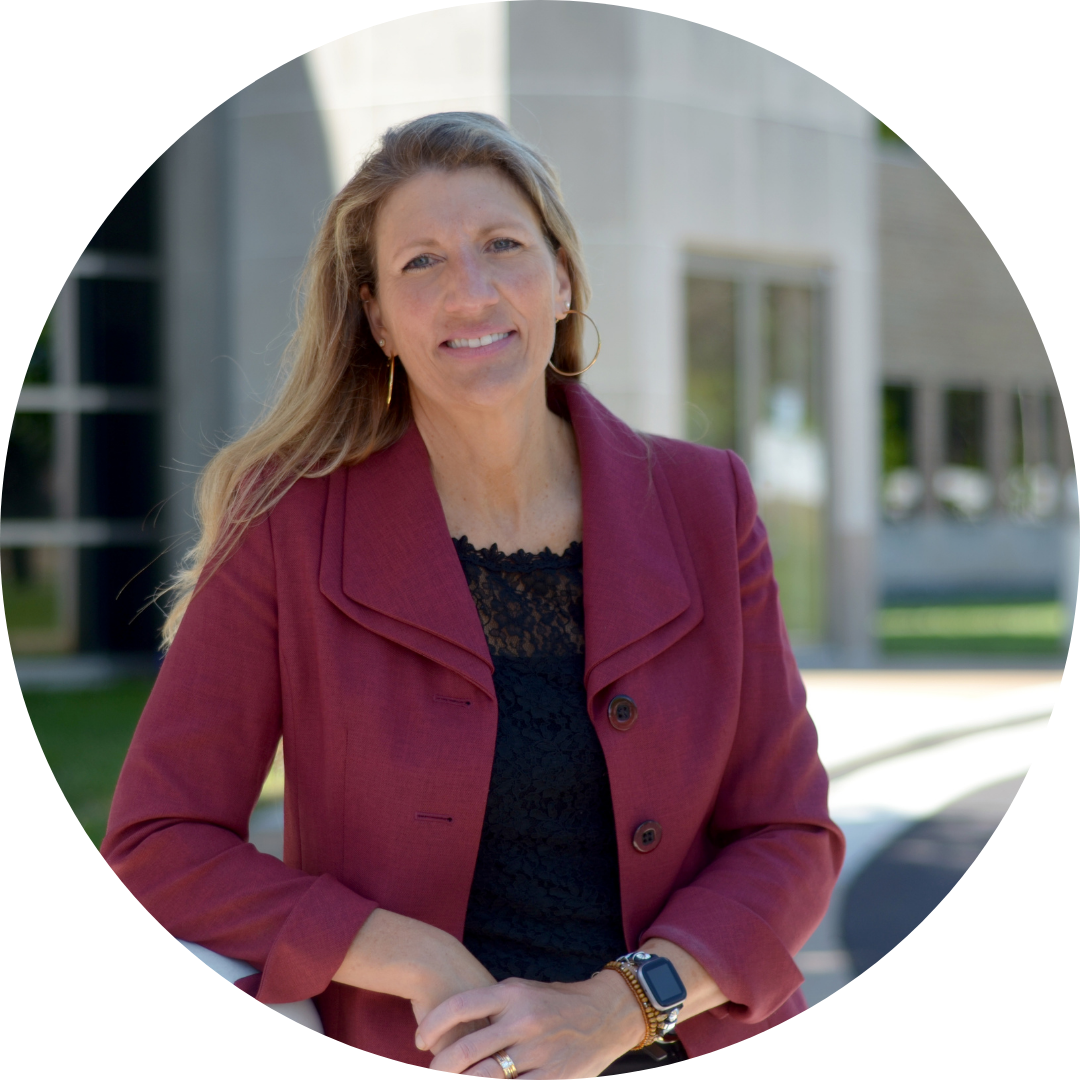Inclusive on Purpose: Positively Impact Workplace Culture and Climate

Session four of our diversity and inclusion series, delivered by Deborah Biddle of The People Company, focused on being purposefully inclusive. Deborah shared approaches to heighten personal inclusion awareness and strategies to improve how we make connections, build belonging, and enhance relationships. We explored intentionally inclusive practices that improve workplace culture and climate.
Why Diversity Matters
Before we jump into intentional inclusion, let’s look back to previous sessions where we learned why diversity and inclusion matter. As a quick reminder, here are a few of the benefits that a diversity of perspectives brings:
- Increased creativity
- Higher innovation
- Faster problem solving
- Better decision making
There are many more, but these are a fantastic foursome! Although the benefits of diversity were not the theme of this session, one important take-away is that inclusion helps to drive diversity.
Think about it: Have you ever been in a position or place where you felt you just didn’t fit or were unwelcome? Did you want to just disappear? I think we would generally agree that this is an uncomfortable spot to be in, and unless at some point we felt included, we would likely never return to experience it again. Imagine if that were a feeling you had on a regular basis because of your race, religion, gender, disability, or some other factor about you and who you are or how you identify? Every one of us can be part of the solution to be more inclusive and work to eliminate the feelings of not belonging. And it isn’t just a good deed you would be doing for someone else; you would gain benefits personally and professionally by increasing the diversity around you.
If you haven’t felt uncomfortable because you didn’t “fit,” and you still aren’t convinced, here are just a few interesting demographics that give context to how diversity is changing.
- Gen Xers will outnumber baby boomers in 2028.
- More than 21.8% of the U.S. population are millennials.
- Approximately 40% of the U.S. population is Black/African American, Latinx/Hispanic, Asian, or bi-racial.
- Non-Hispanic white residents now make up less than half of the nation’s under-15 population.
- As of 2017, 4.5% of adult Americans identify as LGBTQIA+.
Be Inclusive on Purpose
Knowing the world is changing, how can we all be inclusive on purpose? Like most things of value, to reap the rewards, it takes a conscious effort, and we must put in the work. But with commitment and perseverance, eventually it becomes easy and part of everyday life.
 First, understand the basics:
First, understand the basics:
- Understand that we are all different.
- Check your biases.
- Acknowledge people’s personal situations. (We all have “stuff.”)
- Assume others have a positive intent.
 Second, recognize that what you need to do may feel unnatural and/or make you uncomfortable, but it will be worth it:
Second, recognize that what you need to do may feel unnatural and/or make you uncomfortable, but it will be worth it:
- Start by accepting where you are. Recognize your personal patterns and stories from your background.
- Be open to expanding your network and your mind.
- Commit to building relationships regardless of your comfort level.
- Make this a daily effort, even if it means setting goals to meet new people.
 Finally, act:
Finally, act:
- Listen and engage to understand others with curiosity and without judgment.
- Be welcoming and respectful of all differences (ideas, styles, goals, etc.).
- Don’t assume agreement or consensus. Someone’s silence can come from fear, not from a lack of having anything to add.
- Create a brave, heart-centered, and self-aware space for dialog.
Be open and aware, work to make new connections with others, and be intentional in seeking out others who are not like you. Mentor or seek out a mentor who is significantly different from you. Push yourself out of your comfort zone. Facilitate so that all are heard.
Ask yourself if you are a good listener? Are you empathetic and compassionate about others’ experiences and views? High-quality listening is a necessary starting point for inclusion.
About the Guest Blogger
 Susan Leith, PG, CPSM is the Marketing Director at Ayres Associates. Sue is a member of the ACEC Wisconsin Diversity & Inclusion Committee and will join the Board of Directors for the 2022-23 fiscal year.
Susan Leith, PG, CPSM is the Marketing Director at Ayres Associates. Sue is a member of the ACEC Wisconsin Diversity & Inclusion Committee and will join the Board of Directors for the 2022-23 fiscal year.
